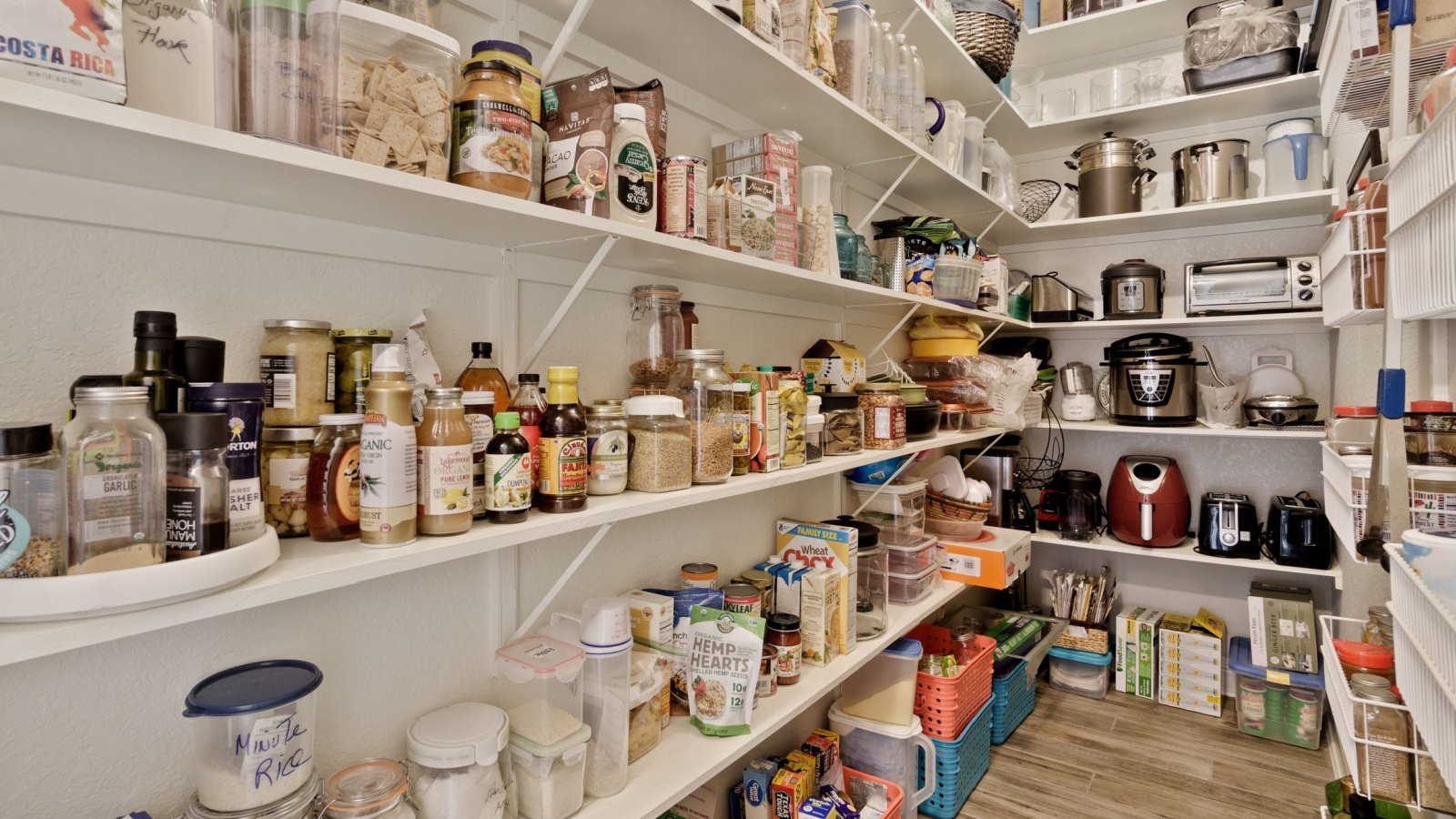Propane is a versatile and dependable energy source that can be used for heating homes, powering appliances, and supporting various industrial processes. Choosing a good propane supplier and the correct tank size facilitates a steady energy supply without frequent refilling or storage concerns. Here are some factors to evaluate to help you choose the right propane tank size:
Assess Energy Consumption
Before you select a propane tank, evaluate your home’s or business’s energy requirements. Residential and commercial properties have different needs regarding tank capacity due to differences in usage. How frequently you use propane and what you use it for determines how much fuel you should have on your property. Homeowners may use propane for heating, cooking, and backup power for generators. Larger homes with many appliances will need a large tank, while smaller homes with minimal fuel usage may only need a small tank. Propane fuels commercial operations within restaurants, construction sites, and farms. A business that uses propane to power its machinery may require a larger tank than a home that uses propane to fuel a single appliance. Large businesses have higher fuel usage needs, so they should have bigger or multiple tanks on their property.
Propane suppliers consult historical usage data to create an accurate usage estimate and recommend an appropriate tank size. First-time propane users can explore industry standards and appliance requirements to calculate potential usage needs. Aligning your tank size with your energy consumption patterns minimizes the risk of running out of fuel unexpectedly. A propane supplier can help you determine the current and future usage patterns to make sure you receive the appropriate tank size.
Identify Propane Tank Sizes and Uses
Propane tank capacity is expressed in pounds or gallons, so determining how many gallons you use within a month or season helps suppliers recommend the right tank size. Small tanks, which are used for grilling or small appliances, contain approximately twenty pounds of propane. They are ideal for mobile or temporary use. Slightly larger options, like 100-pound tanks, are used in homes that use propane for heating water or operating fireplaces. A 250-gallon tank is ideal for moderate home usage or powering multiple appliances at once. A 500-gallon tank is ideal for homes that use propane for heating or businesses that need a constant supply of propane. For large-scale operations, a 1,000-gallon tank offers an uninterrupted supply of fuel. Large businesses or farms can also use multiple interconnected tanks around their property. These are usually large, stationary tanks that must be delivered directly from a supplier.
Understand Location and Space Requirements
Above-ground tanks need enough space and a flat surface, while underground tanks need proper excavation and installation. Placement may be restricted by regulations such as minimum distances from buildings, property lines, and ignition sources. For residential applications, select a tank that will fit within your available space. This makes the tank more easily accessible during refills, replacements, and other maintenance services. In commercial applications, businesses may need more than one tank or a larger storage capacity. A professional propane supplier will evaluate the available space to determine how to make the large tanks comply with local laws and standards.
Evaluate Seasonal and Backup Energy Needs
People living in colder climates require more propane for heating during winter. Selecting a larger tank helps them avoid frequent refill services. Regions with relatively moderate climates may only need a smaller tank for heating and cooking. Your tank size should also correspond to your emergency preparedness plans if propane is your backup energy source. Assessing the duration and frequency of past outages will assist you in determining the necessary tank capacity for standby generators. Select a tank that can store more propane to avoid unexpected shortages during emergencies.
Work With a Reliable Propane Supplier
An appropriately sized propane tank with a monitoring system helps you schedule a propane refill or tank delivery before your tank is empty. Reputable propane suppliers offer will-call and scheduled deliveries to simplify the process for customers. Fuel monitoring and regular deliveries make it easier for businesses and homeowners to manage their fuel inventory. Contact a propane supplier today to discuss your fuel needs and get help selecting tanks for your home or business.







